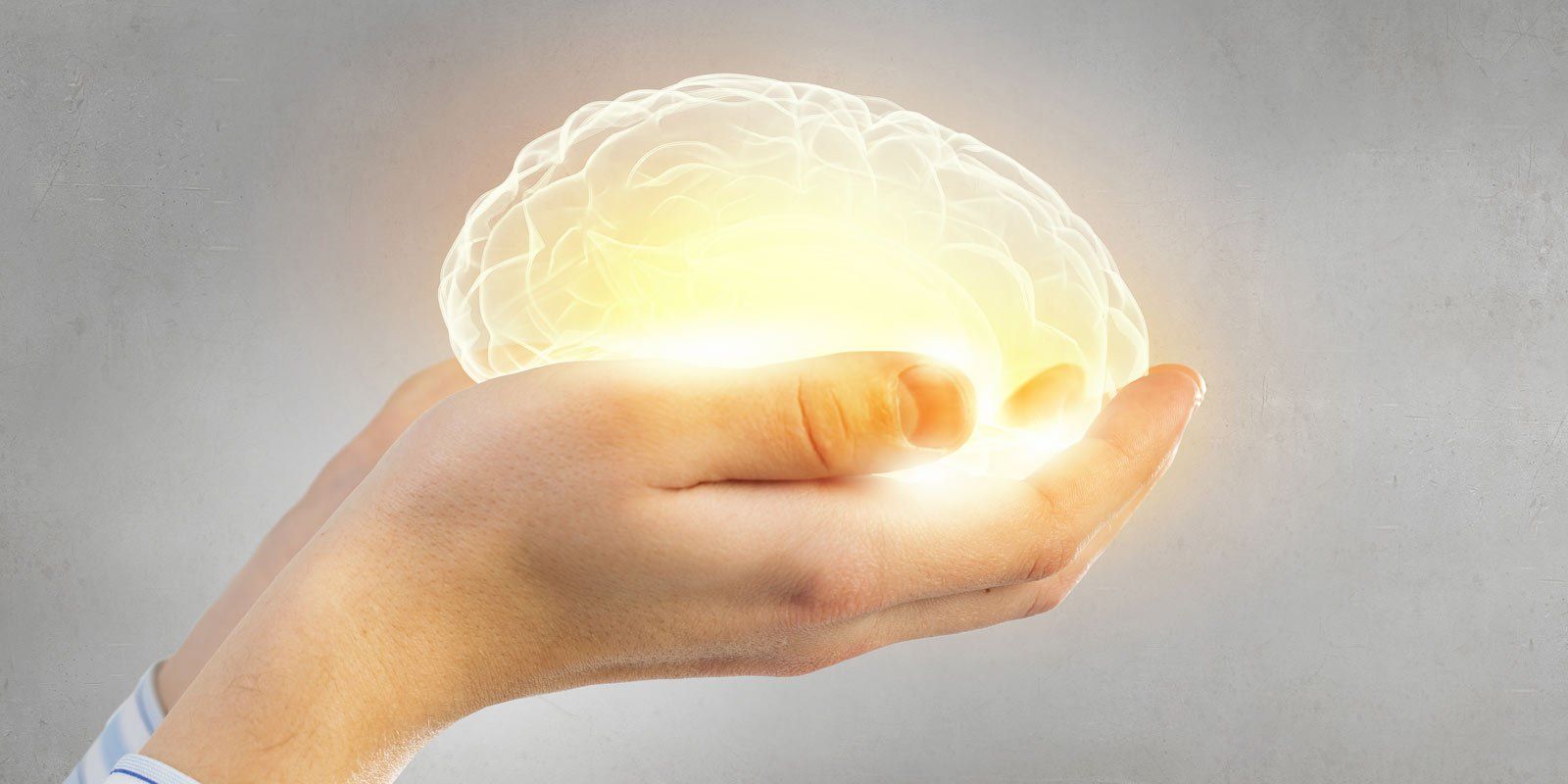How To Maximize Brain Health
Brain regeneration is a medical reality with decades of studies showing how to accomplish the task. Follow these simple steps for maximizing brain health.

Keeping your brain sharp and healthy does not have to be a matter of luck or genetics. Everyone has the potential to stay lucid and endlessly boost critical thinking skills. Brain regeneration is a medical reality with decades of studies showing how to accomplish the task. The steps help younger adults retain their sharpness and can aid older individuals in recovering from slight declines and slowing or stopping natural degeneration. The following are simple steps for maximizing brain health.
Get Adequate Sleep
Doctors have long recommended that people get 7-9 hours of sleep for overall health. Studies on mice by the National Institute of Neurological Disorders and Stroke (NINDS), a division of the National Institutes of Health (NIH), have linked the value of sleep and brain health. According to the study, the glymphatic system removes, during sleep, a toxic protein known for accumulating in the brains of Alzheimer's patients. The protein levels of beta-amyloid increase during waking hours and decrease during sleep. Removal of the protein can potentially help to restore the brain.
Drink More Water
The human body needs water to survive. Proper hydration plays a role in brain health in a variety of ways. Water consumption can aid with:
- Memory improvement
- Reduction of headaches
- Better stress management
- Boosted blood flow
- More oxygen to the brain
- Increased cognition and concentration
Get More Exercise
The brain relies on glucose and oxygen to function correctly but cannot store the products for future use. A constant supply requires good blood circulation, like the boost provided during exercise. Studies show cognitive function improves with just a half-hour of moderate cardio a day. Exercise may also boost cell growth in the hippocampal region of the brain.
Eat More Broccoli
Vegetables that contain sulforaphane, like broccoli, can help stimulate brain nerve growth. Published studies show that sulforaphane also acts as an anti-inflammatory and antioxidant to provide healing to the brain and reduce the risk of disease. Other vegetables to include are Bok choy, kale, and horseradish. The therapeutic benefits are best when consuming at least 3 cups of sulfur-rich vegetables, either raw or cooked.
Spice it Up
Turmeric offers many brain benefits. The spice has a substance known as a remyelinating compound that helps regenerate nerves. Ar-turmerone, another turmeric component, also aids with brain regeneration by boosting stem cell production.
Turmeric is not the only spice that offers benefits. Cinnamon, nutmeg, cloves, ginger, cardamon, and others have anti-inflammatory properties, protect brain degeneration, and enhance cognition. Some, like cloves, reduce the risk of developing blood clots, and others help lower blood pressure.
Add a Supplement
Turmeric, listed above, is a reliable supplement for those who do not want to add it to their recipes. Another brain-helpful supplement to try is Gingko Biloba. The herbal treatment helps boost brain-derived neurotrophic factor (BDNF), a critical brain protein that heals damaged brain cells. The effectiveness of BDNF rivals that of the Alzheimer's drug Donepezil, according to a 2006 paper in the European Journal of Neurology. It also stimulates the growth and adaption of neural stem cells into the type of cells needed in the brain.
Learn to Relax
Stress impairs memory, kills brain cells, and shrinks the brain. Studies show that neurons developed during periods of stress will survive less than a week. Lowering stress levels helps avoid damage and allows the brain to heal more effectively. Stress-relieving tactics can help, and those that engage the brain provide more benefit than passive options.
Problem-solving puzzles and quizzes, crafts, and other active pursuits that bring joy help to reduce stress. Many people have found sensory deprivation , or "float tanks," are very effective for stress management. Meditation also works well for stress reduction. The concentration and focus needed for meditation engage the brain soothingly and helpfully and are why it qualifies as an active technique.
Learn Something New
People often connect aging with reduced mental abilities. Declining sharpness, however, does not arise because people age but because they stop using their critical thinking skills. As people reach a certain age, they often retire, socialize less, and may stop participating in former hobbies. Many also avoid learning new skills because they fear they lack the ability.
The traditional behavior of many retirees is unfortunate because research shows that people who put the effort in and learn new skills will keep their brains healthier. Critical thinking skills improve when people use computers, perform hobbies, and learn new skills. The brain shows that the habit of continued learning results in faster processing abilities over time. The benefits are not only when people participate in new activities but can last for years. The effort can make it easier for seniors to handle their care, manage finances, and perform other daily activities.
Brain cell regeneration can happen even as people reach their 90s and possibly beyond. The ability to remain clear thinking and have a great memory can improve many aspects of life. It is impossible to stop aging, but people can make changes that make aging much more enjoyable.
Additional references
- How Sleep Clears the Brain - National Institutes of Health
- Six Amazing Health Benefits of drinking Water - BrainMD
- Spice Up Your Holidays with Brain-Healthy Seasonings - Harvard Health Blog
- Six Ways Stress Affects Your Brain - Premier Beurology



